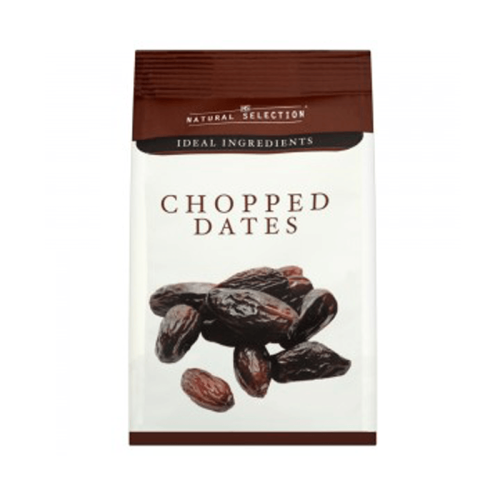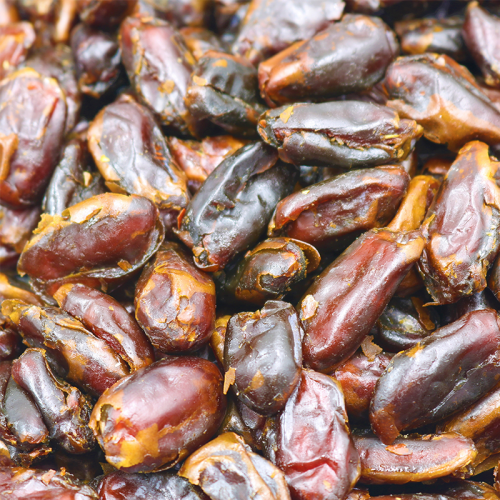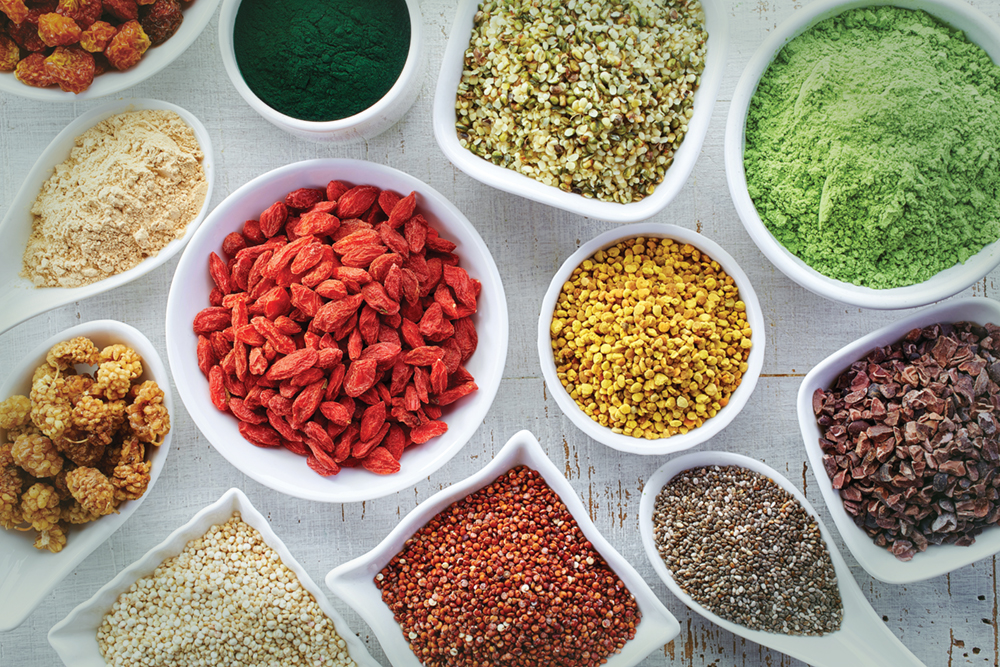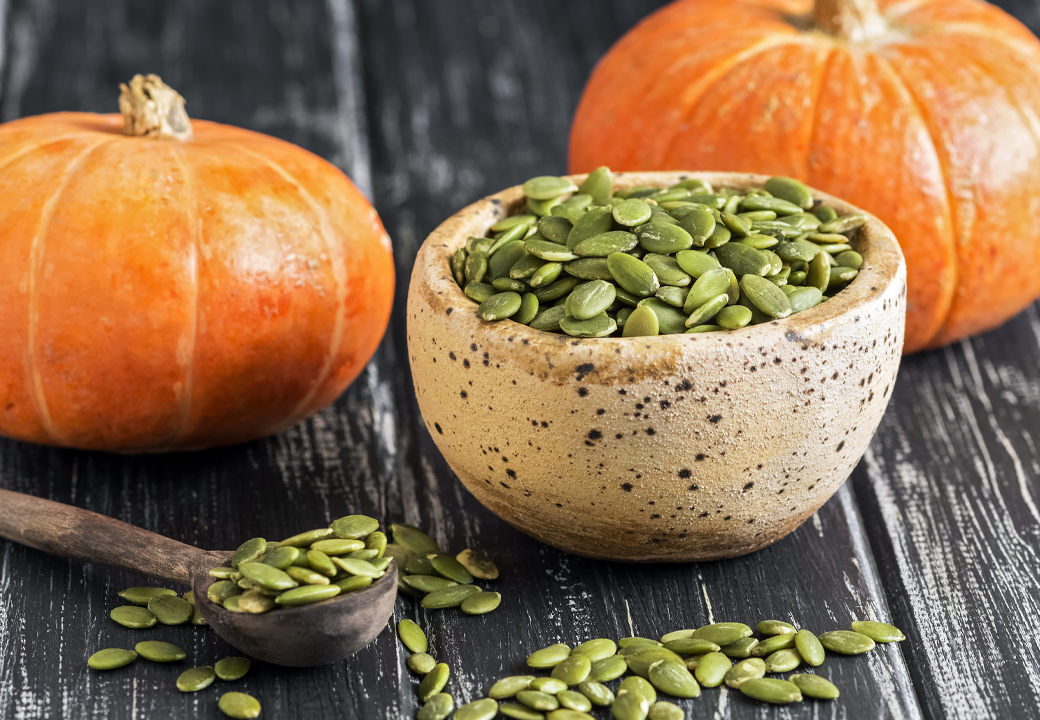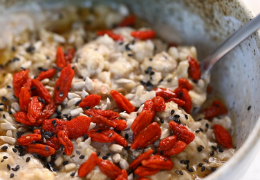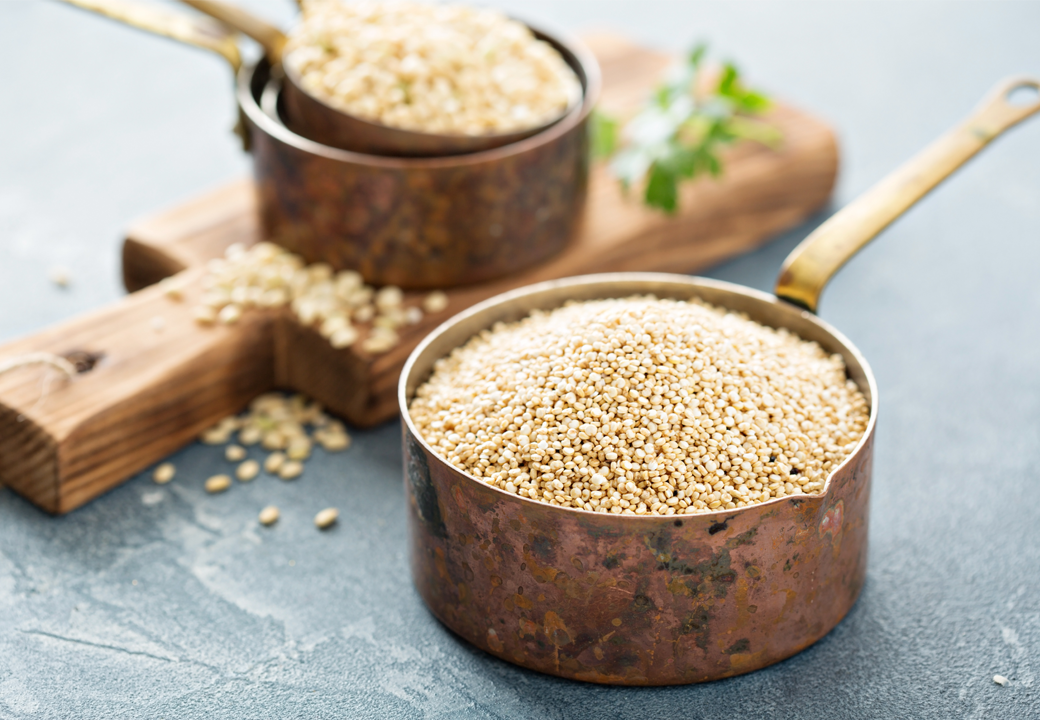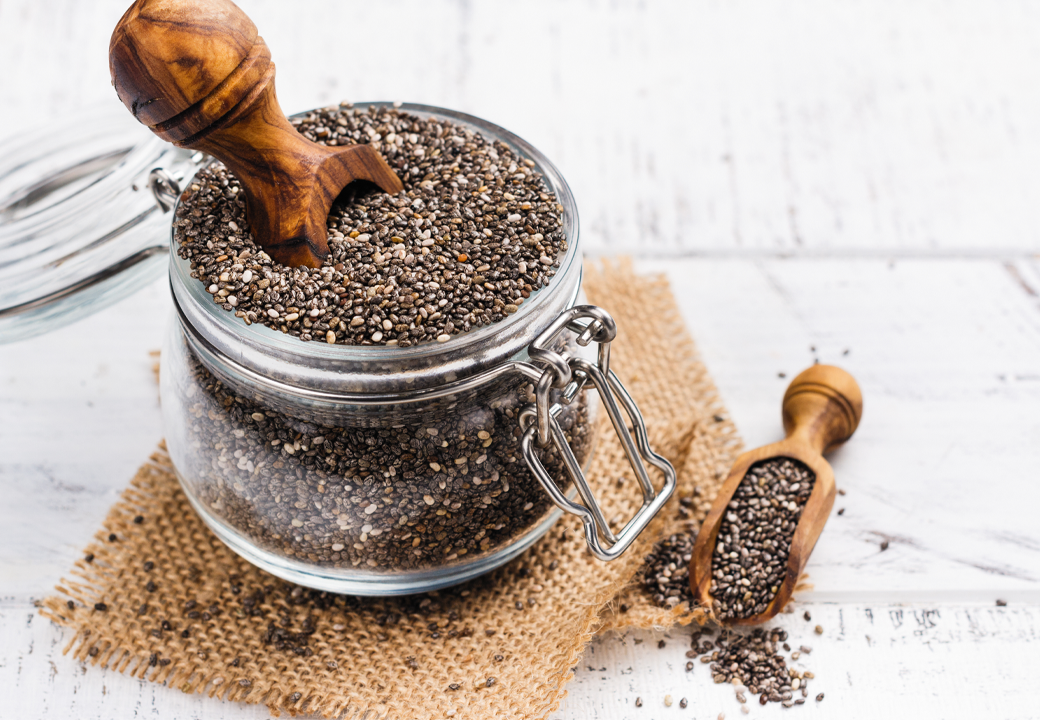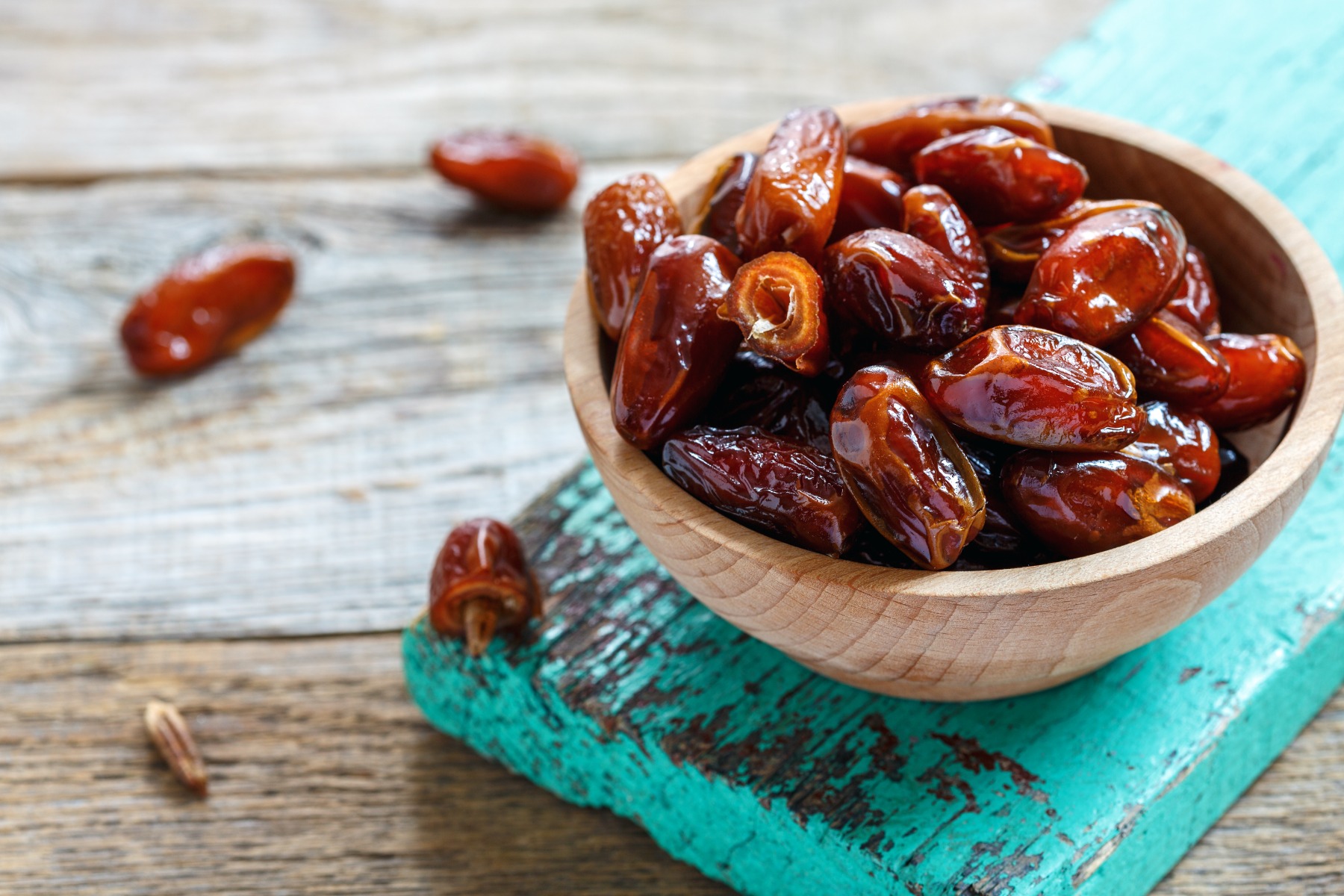
1. Dates have been around for thousands of years
Dates are one of the oldest cultivated crops on earth. Date palms have been grown for so long – certainly thousands of years – that no one can be sure of the start date or where the story began. The first fruits may have been gathered in Iraq and certainly they became a staple food in the Middle East. Traders spread the crop throughout south west Asia, north Africa and Spain from where they were taken to California and Mexico. The world’s current top producers are Egypt, Iran Saudi Arabia, Algeria and Iraq.
2. One tree produces up to 300lbs of fruit
Only female trees bear fruit and growers regard having large numbers of male trees as a waste of space. As a result they grow perhaps one male for every 100 females and fertilisation is carried out either by skilled workers with ladders or by wind machines. Each bunch of grapes needs to be thinned in order to produce the plumpest crops and covered to protect them from pests and the weather. After all that one tree will produce up to 300lbs of fruit and will stay in production for around eight years.
3. NHS states Dates are one of your five a day
A portion of dates – the NHS says that’s three dates – counts as one of your five a day. And no wonder. They come with a package of important vitamins and minerals and a boost of dietary fibre. Those three dates will give you at least 3g of fibre which is 10 per cent of your daily recommended level. Few of us eat enough fibre and as well as aiding the digestive system it can play a key role in reducing heart disease, diabetes, weight gain and even some cancers.
4. Dates are packed with Vitamins
The important vitamins in dates include B6, A and K. Also known as pyridoxine B6 allows the body to use and store energy from food and helps form haemoglobin, the substance that carries oxygen around the body in red blood cells. Vitamin A is needed to keep the immune system working as well as helping vision. It is also a powerful antioxidant. Vitamin K is vital for blood clotting and so helping wounds to heal and plays a part in bone building. Dates contain no fats and no cholesterol.
5. A source of Potassium
Dates are great source of potassium, one of the electrolytes that are vital for body function. It is associated with lowering blood pressure and keeping the nerves in order. Other minerals in your date include copper and iron which are both critical for blood health, magnesium which helps release the energy in food, calcium which helps build teeth and bones, phosphorous and zinc. Research has suggested that eating dates may reduce blood fats called triglycerides and reduce the risk of heart disease.
6. A great substitute for sugar
One of the reasons dates are so delicious is that they contain a large amount of natural sugars. But research shows that they are a low-glycemic index food and therefore do not produce sudden spikes in blood sugar levels. As a result the fruit has become a favourite of new, clean eating cooks who use them as an alternative to refined sugars. Deliciously Ella says “They are the perfect addition to any sweet recipe. Not only do they act as a natural sweetener they also work to stick all the ingredients together.”
7. Date syrup is the sweetener of choice
Date syrup is becoming the sweetener of choice for many who want to avoid refined sugars. It is drizzled over porridge, yoghurt, pancakes or ice creams, used as a dressing on salads and vegetables and poured into smoothies. Some of those who make their own date syrup simply dissolve pitted dates in water. Others soak the dates for an hour or so and they whizz them into a liquid in a food processor.
8. Dates are becoming part of our everyday lives
The British have been eating dates since medieval times but for centuries they are the preserve of the wealthy nobility. Eventually they became an indulgence for lesser mortals at Christmas and in the occasional dish like Sticky Toffee Pudding. Now they crop up in menus for meals throughout the day from breakfast granolas, to lunchtime salads and evening lamb dishes. They have found a way into the English roast dinner – try Roasted Carrots with Dates – and are, of course, used in hundreds of cake recipes. And that is not to mention Moroccan Tagines and Middle Eastern Pilaffs.
9. Popular during Ramadan
Ramadan, the Muslim month of fasting during daylight hours, is inextricably linked with dates. It is traditional that those who have gone without food break the fast in the evening by eating dates. This is partly because the prophet Muhammad broke his fasts with dates and partly because the fruit is so much a part of life in the Middle East. But there is also another, very sound, reason for the choice. After hours of eating nothing a date makes the perfect package to deliver a quick burst of energy and nutrition.
10. Different type of varieties of Dates
There are hundreds varieties of dates growing in the world. In texture they range from soft through semi-dry to dry and in colour from yellow to dark brown. In Britain the Medjool date – large, soft and tasting of caramel, has been credited with reawakening interest in dates in general. The Medjool is available at Grape Tree as are first class pitted dates – a variety called Sayer which is grown in Iran and which we think is both delicious and extremely affordable.
Explore our range of Dates indluing our best-selling pitted dates.
